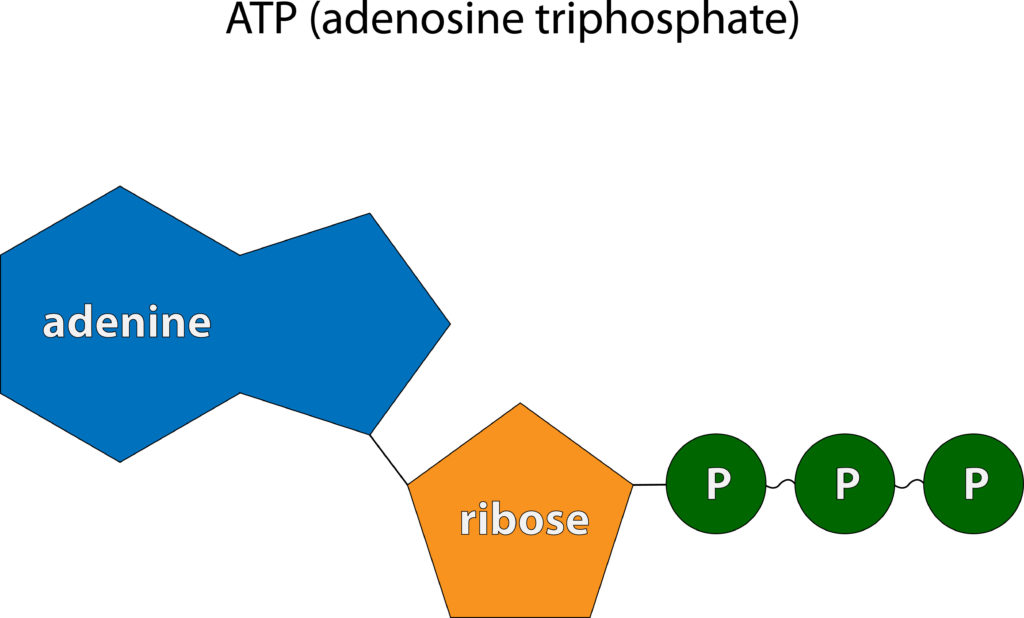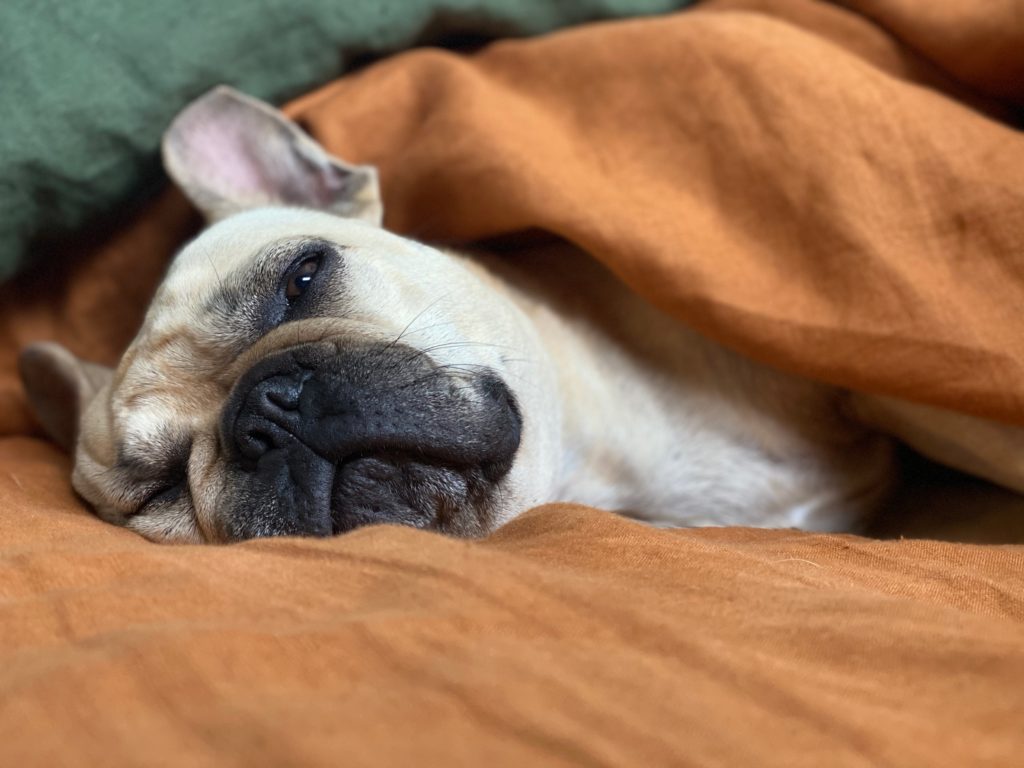Maintaining a healthy mind and body demands regular exercise and wholesome nutrition. Being active and mindful of the food you put into your body has been a hot topic in the health and fitness industry since the 1970s. However, it’s only in more recent years that we’ve paid more attention to sleep. Professor Matthew Walker published Why We Sleep in 2017, and it since sparked dynamic conversation on how exercise dramatically impacts sleep.
Health professionals and internet bloggers now regularly discuss the importance of getting a good night’s rest. From what we understand, sleep is the foundation of health. The science shows that during those seven to nine hours at night, you go through various unconscious and conscious sleeping patterns that contribute significantly to emotional and physical health.
In addition, your body resets or rebalances almost every physiological process during sleep. Otherwise, you’d be exhausted after a day’s work. Eventually, a lack of sleep leads to a fall in your cognitive abilities. While it’s clear that sleep helps restore energy and reduce fatigue from exercise, how exercise impacts sleep is not always straightforward. Therefore we shall discuss just that.
The Relationship Between Exercise and Sleep
Researchers have investigated the relationship between exercise and sleep rather extensively. Research suggests that regular exercise positively influences sleep quality and shortens the time to get to sleep. However, there may also be times when working out can hinder sleep. It does seem, however, that the general relationship is bidirectional — meaning that a lack of exercise may impede sleep. This poor practice only leads to fatigue and lack of motivation. On the other hand, being consistent, exercising regularly, and sleeping well will keep you vitalized and healthy.
While going about your day, your body and brain require energy to function. That energy mainly comes from your diet via the breakdown of carbohydrates, fats, and proteins into useable fuel — glucose. However, at the cellular level, glucose produces the universal molecule Adenosine triphosphate (ATP). This energy molecule consists of one Adenosine and three phosphates. During metabolic activity, the phosphate molecules in ATP detach, leaving you with Adenosine build-up as the day progresses. This Adenosine builds up in the brain and creates a tiring sleep pressure effect. This mechanism makes you feel sleepy and helps you drift off to sleep come night-time.
Exercise and ATP

Exercise contributes considerably to energy usage and helps maintain a progressive rise in this sleep-promoting chemical each day. Therefore a healthy exercise routine supports a good night’s rest. Getting your daily activity also helps promote healthy levels of serotonin, which has a calming and relaxing effect. Serotonin is also a hormone that leads to the production of melatonin. This body releases this hormone during dark hours, and it promotes and maintains our sleep/wake cycles.
So generally, a reasonable amount of exercise is beneficial for your sleep. Exercising early in the morning may help release cortisol and heighten your arousal level. This stress agent gives you focus and keeps you alert throughout your day. Additionally, early morning exercise and a consistent routine may help promote a healthy sleep/wake cycle by maintaining an ideal circadian rhythm. Nonetheless, there are times when too much stress can lead to poor sleep.
When Exercise Hinders Your Sleep
A few years ago, I consulted with a woman in her late 40s. She was a type-A personality, and success and achievement motivated her. She worked full-time as an operations manager for a large firm in Australia while running her small side business. She consulted with me because she felt her sleep was hindering her recovery. In seven months, she was due to climb Ama Dablam, a 6,812 meter-high mountain in the eastern Himalayan range of Nepal. She felt if she could sleep better, she would recover from her grueling exercise routine and climb this formidable peak.
Taking activity levels into account is essential for sleep quality because of all the reasons I mentioned earlier. However, her routine was rather excessive. The lady exercised almost twice daily. She did one long, low-impact cardio session per day, with four to five intense CrossFit-style sessions and her climbing practice. This activity level is equal to that of a professional athlete. However, in the case of someone doing it for a living, they have the rest of the day to focus on recovery and not face a seven to ten-hour workday.
So What Exactly was the Problem?
After initial consultations, her nighttime behaviors seemed good. Sleep hygiene is critical to getting a good night’s rest, and it appeared she had that nailed. However, she reported frequently waking during the night and being unable to get back to sleep — or at least she thought. So we performed a comprehensive overnight sleep study to rule out any significant sleep breathing disorders. Her results suggested frequent cortical arousals — her brain shifted out of sleep into wakefulness more than the typical person. However, it seemed she was getting back to sleep.
Each time she woke up, it felt like she was awake the whole night. However, according to her brainwaves, she was in an unconscious sleep state. This is sleep state misperception, a condition where you underestimate how much you’ve slept the night before. Next, we investigated why she was waking up out of sleep more often. Confirmation of nighttime cortisol measurements suggested they were 10 times higher than the normal healthy range, demonstrating a cause for psychophysiological insomnia related to chronic stress.
The excessive training and general stresses in her life had become too much; therefore, exercise was hindering her recovery during sleep. While this is a unique case, she’s not the only one to live a fast-paced life. Many people today spend more time working than they do sleeping, and if the work-to-rest ratio is out of balance for too long, then adding intense or excessive exercise on top of that will create a recipe for sleep disasters.
So What Should I Do?

We can safely say for the majority of people that having an exercise routine positively influences the quality of and ease of getting to sleep. However, in some instances, it should be kept at least two to four hours before bedtime to avoid issues with heightened arousal and interrupting the sleep initiation process. However, there are some considerations to make. A subset of individuals such as athletes and high flyers need to address their overall arousal levels. Ultimately, exercise volume, intensity, type, and timing are crucial to consider when finding the ideal work-to-rest ratio and how much healthy sleep you need for a full recovery.
Sources
Araujo, Laura. “How to Sleep Better Tonight (and No, It’s Not a Waste of Time).” The MAPS Institute, 5 Feb. 2021, https://themapsinstitute.com/how-to-sleep-better-tonight-and-no-its-not-a-waste-of-time/.
Araujo, Laura. “Sleep and Cognition: Yes, Less than 8 Hours Affects Us, and It’s Scary.” The MAPS Institute, 18 Dec. 2021, https://themapsinstitute.com/sleep-and-cognitive-function/.
Drogos, Lauren L., et al. “Aerobic Exercise Increases Cortisol Awakening Response in Older Adults.” Psychoneuroendocrinology, vol. 103, May 2019, pp. 241–248., https://doi.org/10.1016/j.psyneuen.2019.01.012.
Dunn, Evan. “How to Feel Stressed out and Overwhelmed All the Time.” The MAPS Institute, 24 May 2022, https://themapsinstitute.com/march-submit-article-2-how-to-feel-stressed-out-and-overwhelmed-all-the-time/.
Frimpong, Emmanuel, et al. “The Effects of Evening High-Intensity Exercise on Sleep in Healthy Adults: A Systematic Review and Meta-Analysis.” Sleep Medicine Reviews, vol. 60, 2021, https://doi.org/10.1016/j.smrv.2021.101535.
Ganguly, Surajit, et al. “Control of Melatonin Synthesis in the Mammalian Pineal Gland: The Critical Role of Serotonin Acetylation.” Cell and Tissue Research, vol. 309, no. 1, 2002, pp. 127–137., https://doi.org/10.1007/s00441-002-0579-y.
Jurado, Fasoli, Lucas, et al. “Exercise Training Improves Sleep Quality: A Randomized Controlled Trial.” European Journal of Clinical Investigation, vol. 50, no. 3, 2020, https://doi.org/10.1111/eci.13202.
Kern, W., et al. “Hormonal Secretion during Nighttime Sleep Indicating Stress of Daytime Exercise.” Journal of Applied Physiology, vol. 79, no. 5, 1 Nov. 1995, pp. 1461–1468., https://doi.org/10.1152/jappl.1995.79.5.1461.
Kline, Christopher E. “The Bidirectional Relationship between Exercise and Sleep.” American Journal of Lifestyle Medicine, vol. 8, no. 6, 2014, pp. 375–379., https://doi.org/10.1177/1559827614544437.
Kredlow, M. Alexandra, et al. “The Effects of Physical Activity on Sleep: A Meta-Analytic Review.” Journal of Behavioral Medicine, vol. 38, no. 3, 2015, pp. 427–449., https://doi.org/10.1007/s10865-015-9617-6.
Luyster, Faith S., et al. “Sleep: A Health Imperative.” Sleep, vol. 35, no. 6, 1 June 2012, pp. 727–734., https://doi.org/10.5665/sleep.1846.
Palmer, Clara A., and Candice A. Alfano. “Sleep and Emotion Regulation: An Organizing, Integrative Review.” Sleep Medicine Reviews, vol. 31, 2017, pp. 6–16., https://doi.org/https://doi.org/10.1016/j.smrv.2015.12.006.
Walker, Matthew P. Why We Sleep: Unlocking the Power of Sleep and Dreams. Scribner, an Imprint of Simon & Schuster, Inc, 2017.
Wolff, Christopher A, and Karyn A Esser. “Exercise Timing and Circadian Rhythms.” Current Opinion in Physiology, vol. 10, Aug. 2019, pp. 64–69., https://doi.org/10.1016/j.cophys.2019.04.020.
Young, Simon N. “How to Increase Serotonin in the Human Brain without Drugs.” Journal of Psychiatry & Neuroscience, vol. 32, 2007, pp. 394–399.
Zhdanova, Irina V. “Melatonin: A Sleep-Promoting Hormone.” Sleep, vol. 20, no. 10, Oct. 1997, pp. 899–907., https://doi.org/10.1093/sleep/20.10.899.
